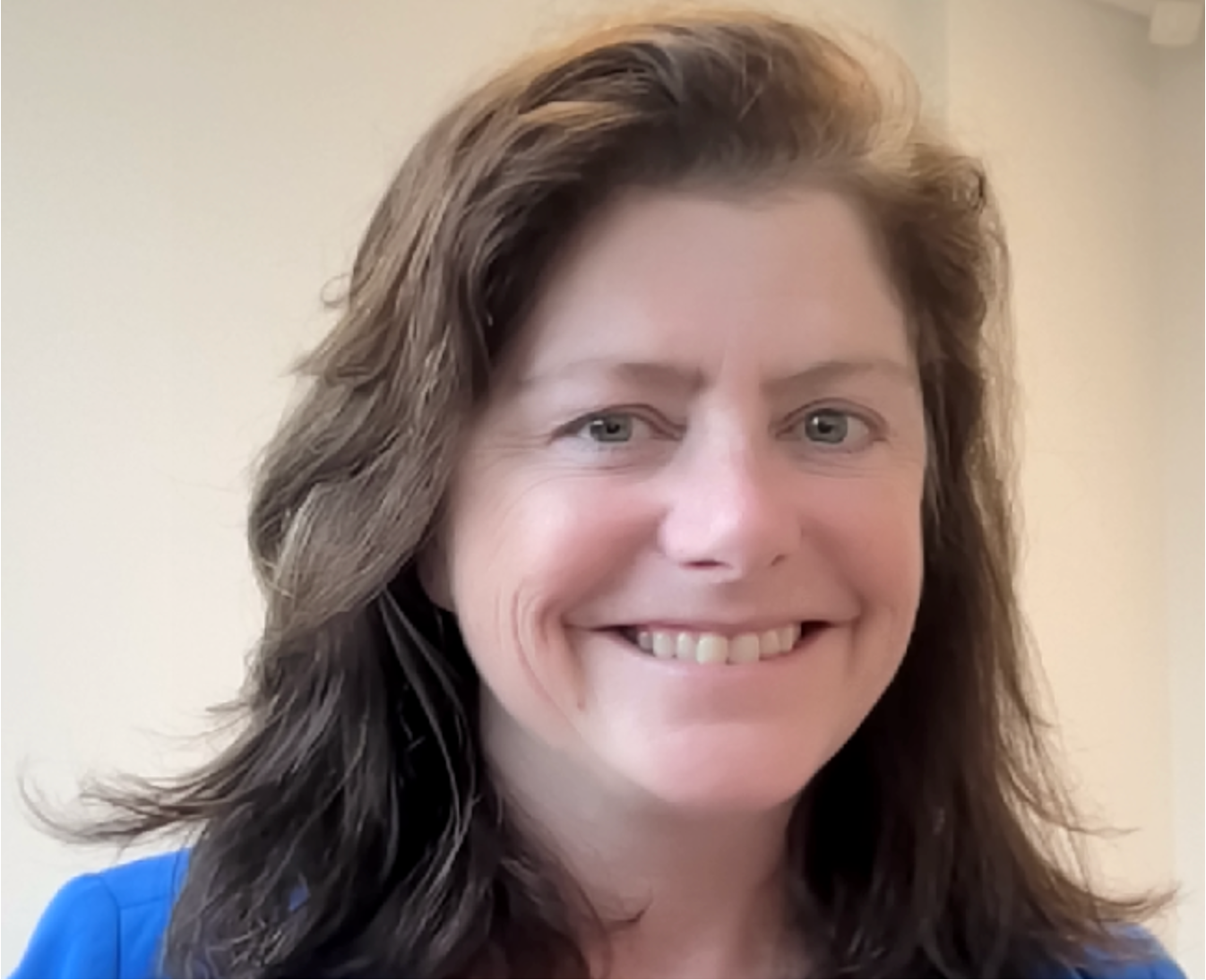Prof Jackie Bosch
Professor, Rehabilitation Science, McMaster University


Dr. Bosch is an occupational therapist with a clinical interest in functional outcomes and improving outcomes after stroke. She is the Assistant Dean of the McMaster Occupational Therapy Program, a Professor in the School of Rehabilitation Science, Researcher at the Chanclani Research Centre, and an Investigator at the Population Health Research Institute, McMaster University.
She has focussed her research efforts on the conduct of large, multinational clinical trials in the areas of primary and secondary cardiovascular disease and diabetes prevention Dr. Bosch is interested in the design of clinical research and in improving the efficiency of conducting clinical trials and has been involved in the Sensible Guidelines working group to improve key aspects or research implementation. She has been a faculty member of the international Clinical Trials courses offered by PHRI and has co-chaired the Canadian Initiative to Streamline Clinical Trials.
Dr. Bosch’s clinical interest is in the area of functional outcomes, and she has worked with colleagues to develop functional outcome measures used in several large, international trials, to try and understand the effect of interventions on functional as well as clinical outcomes. She is currently co-principal investigator of a large observational study examining clinical and functional outcomes of gastrointestinal bleeding.
Since 2014 she has been the co-principal investigator on the OSCAIL (Organized Stroke Care Across Income Levels) which was designed to determine if key aspects of organized stroke care could be implemented in low resources settings to improve outcomes after stroke. The study demonstrated that small, inexpensive changes to stroke care could make important difference in outcomes. These findings need to be replicated on a larger scale. The study also demonstrated the need for community-based stroke care, as stroke survivors in low resource settings are discharged home with very little or no follow up or rehabilitation. The OSCAIL group has now grown to investigators from 8 countries (five low resource countries) and has made important connections with other groups working to improve outcomes after stroke in low in come settings. The group is developing studies for both the hospital and community settings and is working with Stroke Survivor Organizations (SSO) to develop sustainable community-based support and rehabilitation for stroke survivors and their families.
